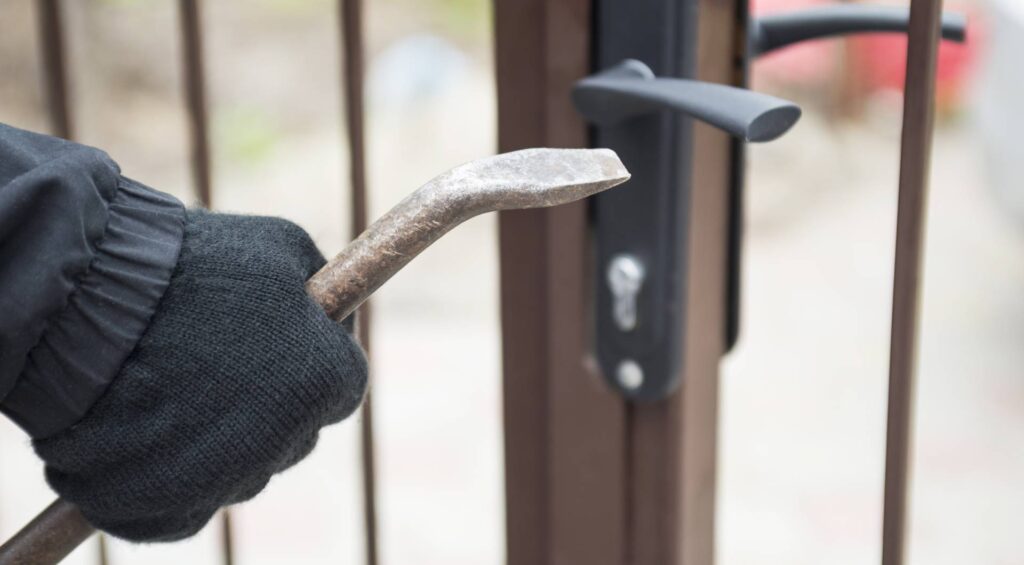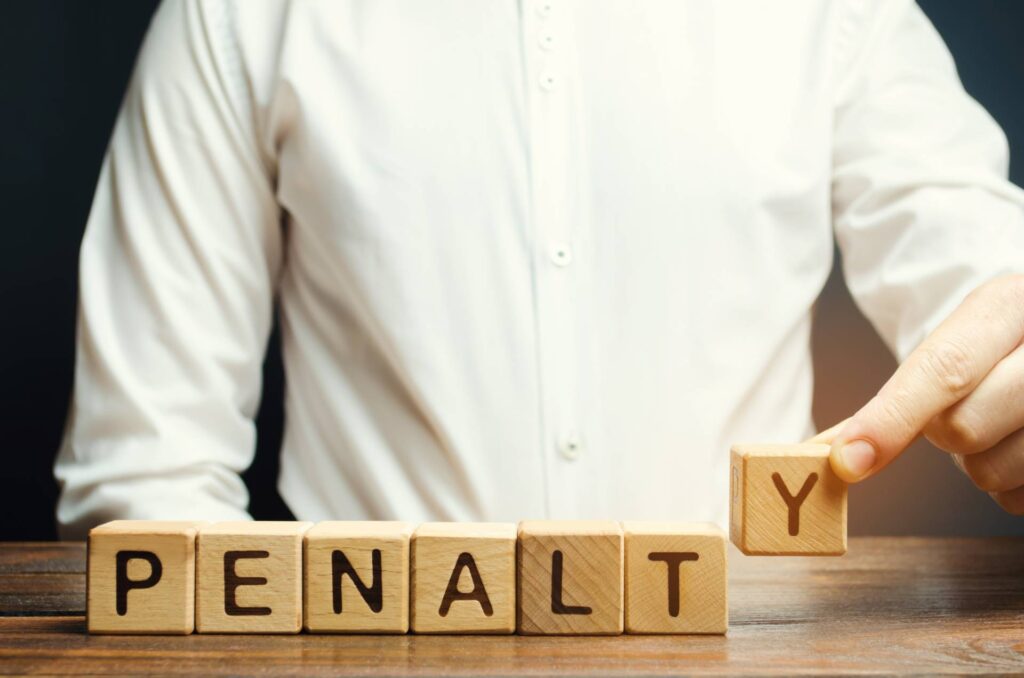When someone is called into court to face criminal charges, their strongest desire is to have the case go away. The word “dismissal” could bring feelings of great relief. However, there are multiple types of dismissals, and they mean different things. Whether someone should be happy with their case being dismissed depends on whether the phrase “with prejudice” or “without prejudice” was used in the dismissal. Those two phrases can lead to legal outcomes that are opposites. Read on for what each term means and how it affects someone facing criminal charges.
What Does the Term “Prejudice” Mean Legally?
The legal term “prejudice” has a meaning not closely related to its everyday usage, which can involve racism or preconceived opinions or judgments. In a court case, prejudice signals if the judge has made what’s deemed to be a final decision on a case.

“With prejudice” means the decision is final. “Without prejudice” means it’s not final and subject to future inquiry. If the judge announces a case is dismissed with prejudice, that means it’s permanently dismissed and can’t be retried.
What’s the Difference Between a Case Dismissed With Prejudice Versus a Case Dismissed Without Prejudice?
For someone charged with a crime, a case dismissed with prejudice is the best news. It means the judge has made a final ruling, the case is dismissed, the prosecution can’t reopen it, and the defendant (the person charged with the crime) is free to go.
But if the defendant learns their case was dismissed without prejudice, the news has the potential to not be as good. Yes, the case is dismissed, but because the judge dismissed it without prejudice, the prosecution is allowed to pursue the case again. They may not, but it may not be clear at the time of dismissal, so the defendant could face the possibility of being recharged.
Isn’t That a Case of Double Jeopardy?
Double jeopardy is the concept of someone being tried twice for the same crime. The U.S. Constitution specifically prohibits that. The idea of being dismissed without prejudice and then brought up on the same charges a second time might sound like double jeopardy, but it’s not. The key is that the person would have to go through the court case and end up with a conviction, acquittal, or dismissal after the court case has begun to be considered having been tried once. A dismissal without prejudice happens before the court trial takes place, so technically the defendant hasn’t been tried once yet. Similarly, someone facing civil and criminal cases for the same offense isn’t facing double jeopardy because they’re different court proceedings.
Why Will a Case Be Dismissed with Prejudice?
The primary cause for a case to be dismissed with prejudice is that errors were made, often involving the defendant’s constitutional rights, that can’t be mitigated. A second frequent reason is if the defendant enters and successfully completes a diversion program.
Can I Request the Court Dismiss My Case with Prejudice?
Case dismissals should be requested by the defense attorney. The prosecutor has the right to request a dismissal with prejudice, but given that means they can never reopen the case, it’s rare for them to do. On occasion, the judge will decide to dismiss without anyone’s request.

It’s not uncommon for prosecutors to request dismissals without prejudice. This is often done when they don’t think they have a strong enough case (yet) to achieve a conviction. They’re not ready for the case to go to court, and they need more time to collect evidence, or they think there are other charges they’d have more success pursuing. So having a prosecutor request a dismissal isn’t necessarily good news.
Whether with or without prejudice, the courts will want solid reasoning as to why they should dismiss. If you’ve been charged with a crime and think a dismissal is possible, you should work with an experienced criminal defense attorney to ensure you have a solid case for dismissal, especially with prejudice.
What Is a Voluntary Dismissal?
The prosecution can request a voluntary dismissal with or without prejudice (usually without). This may be because the defendant accepted a plea deal, a settlement of some sort was reached, or the prosecutor wants more time to pursue the case. They may also opt to pursue different charges.
What Is an Involuntary Dismissal?
An involuntary dismissal is done by a judge against the recommendation of the prosecution, and it too can be done with or without prejudice. This is one situation where the defendant can request the dismissal (although the prosecution would be given time to respond to the request).

These are often used in cases where the defendant wasn’t properly served notice of the legal action or the judge determined that their courtroom isn’t the proper jurisdiction for the case. If the dismissal is based on the latter, it’s more likely to be dismissed without prejudice, so the correct jurisdiction can pick up the case.
I’ve Been Charged with a Crime. How Can I Learn if I Might be Eligible for a Dismissal with Prejudice?
Call Toland Law, LLC, at 857-347-3701 to request a free consultation. Our experienced, knowledgeable criminal defense attorneys understand what the court looks for when determining if a case should be dismissed at all, with or without prejudice. We can walk through the specifics of your case to see what the possibilities for dismissal might be and other approaches for defense. The sooner we can start, the better.








